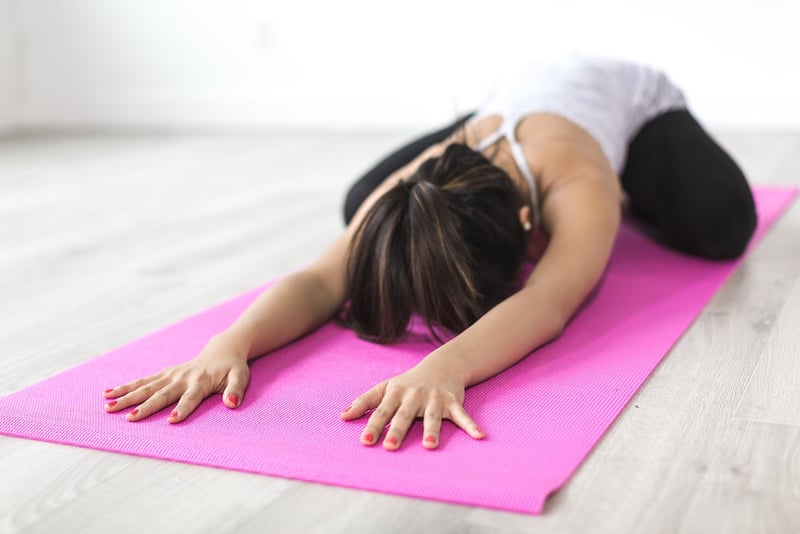Breathing exercises
The Power of Mental Well-being Practices and Breathing Exercises
In today's fast-paced and often stressful world, taking care of our mental well-being is more important than ever. Incorporating mental well-being practices and breathing exercises into your daily routine can have a profound impact on your overall health and happiness.
The Benefits of Mental Well-being Practices
Mental well-being practices, such as meditation, mindfulness, and gratitude journaling, can help reduce stress, improve focus, and promote emotional regulation. These practices encourage self-awareness and self-compassion, leading to a more positive outlook on life.
1. Meditation
Meditation involves focusing your mind and eliminating the stream of jumbled thoughts that may be crowding your mind and causing stress. Regular meditation practice can help reduce anxiety, enhance self-awareness, and improve emotional well-being.
2. Mindfulness
Being mindful means paying attention to the present moment without judgment. Mindfulness practices, such as deep breathing exercises, can help you stay grounded, reduce negative emotions, and increase resilience to stress.
3. Gratitude Journaling
Keeping a gratitude journal where you write down things you are thankful for can shift your focus from what's going wrong to what's going right in your life. Practicing gratitude has been linked to increased happiness and overall well-being.
The Power of Breathing Exercises
Deep breathing exercises are a simple yet effective way to calm the mind, reduce stress, and improve overall well-being. By focusing on your breath, you can activate the body's relaxation response and promote a sense of calmness and clarity.
1. Diaphragmatic Breathing
Also known as belly breathing, diaphragmatic breathing involves breathing deeply into your belly rather than shallow breathing into your chest. This technique can help reduce anxiety, lower blood pressure, and improve oxygen flow in the body.
2. Box Breathing
Box breathing is a technique that involves inhaling, holding your breath, exhaling, and then holding your breath again in a pattern resembling a box. This exercise can help regulate your nervous system, increase focus, and reduce stress.
3. Alternate Nostril Breathing
Alternate nostril breathing is a yoga breathing technique that involves breathing in and out through one nostril at a time. This practice can help balance the two hemispheres of the brain, calm the mind, and improve respiratory function.
Combining mental well-being practices with breathing exercises can create a powerful synergy that enhances your overall health and happiness. Take the time to incorporate these practices into your daily routine and experience the transformative effects on your well-being.

Remember, prioritizing your mental well-being is not selfish; it's essential for living a fulfilling and balanced life. Start small, be consistent, and watch as these practices positively impact your mind, body, and spirit.
